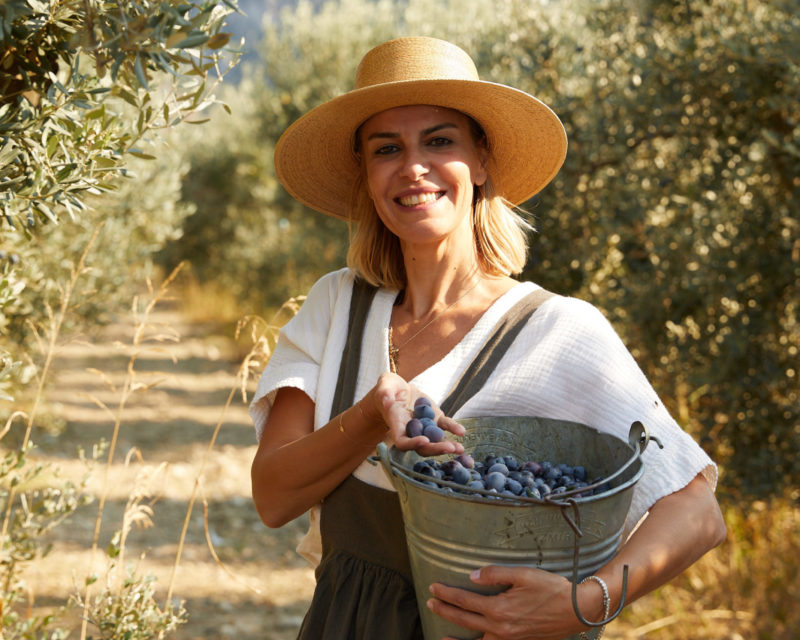Chef, food/menu writer, table etiquette and nutrition expert, restaurateur, and educator Jale Balcı has spent decades both in her native Turkey and abroad cultivating and gradually transforming her passion for gastronomy into a career – which includes having studied and apprenticed under the wing of many big names.
A prolific author, she released her first book in Turkish language titled “Keyifli Sofralar İçin 50 Pratik Mönü” (Lit: “50 Practical Menus for Delightful Tables”) in 2006. Now in its 12th edition, it remains Turkey’s bestselling cookery book of all time. She has since gone on to write five more, all of them highly popular:
“Aperitif Mönüler” (2008); “Antakya ve Yemekleri” (2010 – also translated into English: “Antakya-Antochia City & Cuisine”); “Tadında Yolculuk” (2010 – co-authored with Hande Çilek); “Tarihin Tadı Denizin Tuzu” (2018 – co-authored with Murat Bozok); “Derin Koklerin Meyvesi, Zeytinyağı” (2022 – co-authored with Müge Nebioğlu; also translated into English: “Riches From Deep Roots: Olives & Olive Oil”).
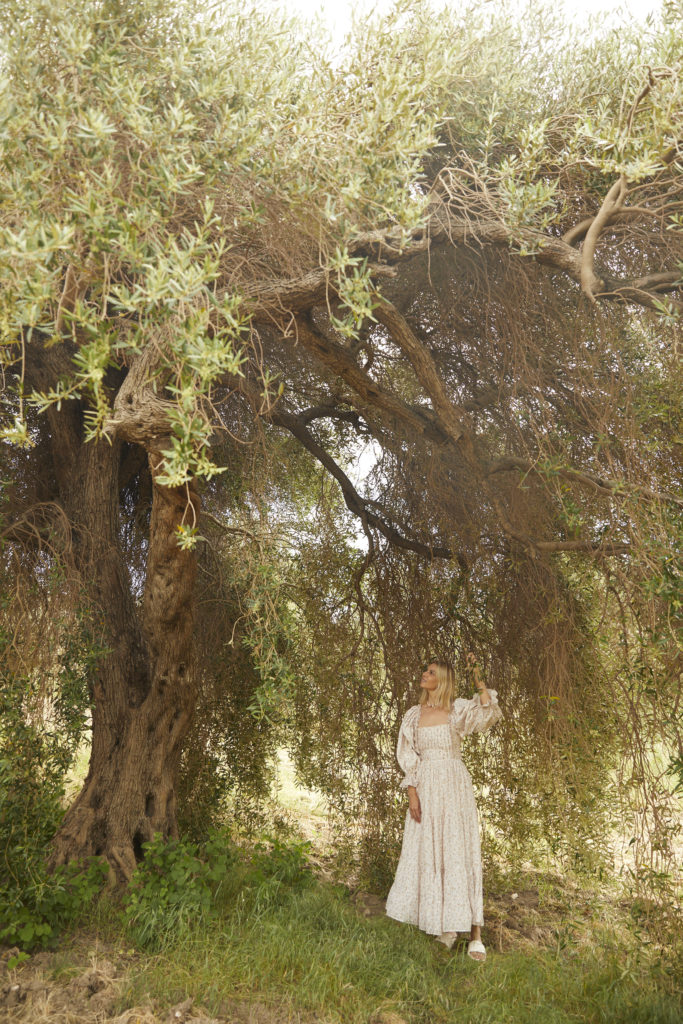
Chef Jale Balci
An entrepreneur, she has launched, run, and been the head chef of two successful restaurants in Turkey: Antiochia Concept and Lokanta Farina. She has also helped design the menus of many other cafes and restaurants across the country – a task she still enjoys taking on when asked of her.
Born and raised in Antakya/Hatay (a.k.a. “the city of civilizations”) and compelled to promote its unique cuisine the world over, Jale proudly serves as the region’s culinary ambassador. In 2019, she helped organize and moderate the hugely successful four day-long Hatay Gastronomy Festival – attended by over one million visitors!
Between 2018 and 2019, she served as lead chef and planner at one of Istanbul’s most eminent restaurants, Alancha Nişantaşı. An active gastronomy consultant, Jale has collaborated with countless food and beverage companies across Turkey, offering them advice and creative ideas for new products.
She is a board member of and a lecturer at Şişli Trades School (Şişli Meslek Yüksekokulu), alongside a founding member of Gecce Gurme Kurulu – Turkey’s grass roots equivalent of Michelin.
We had the chance to speak with Jale and Müge Nebioğlu, the co-author of the new book Riches From Deep Roots: Olives & Olive Oil, in advance of its launch in the United States.
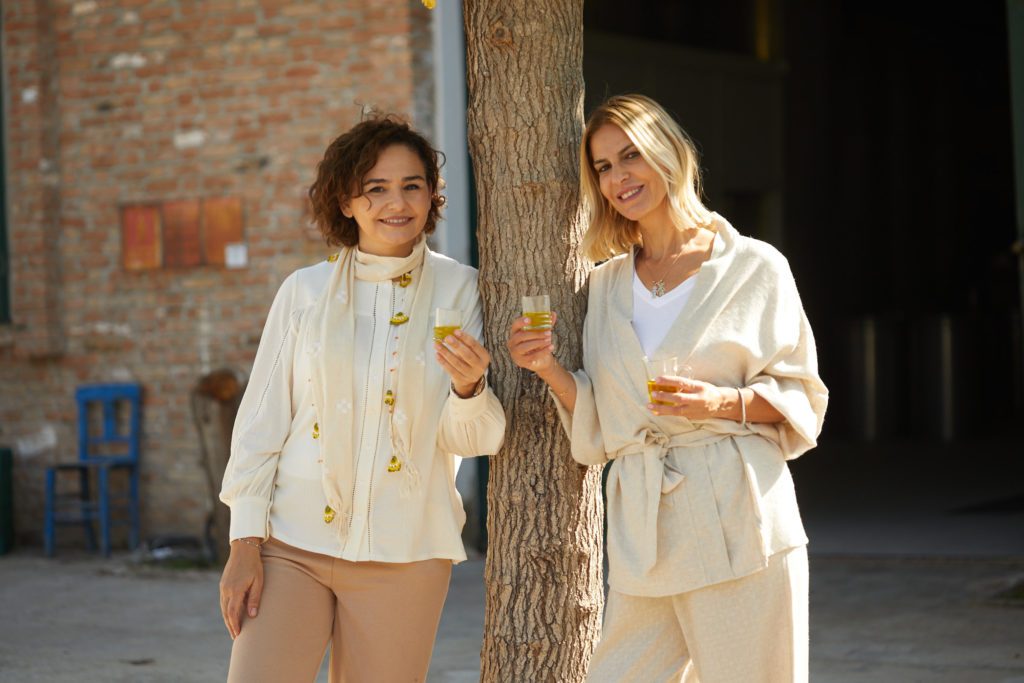
Müge Nebioğlu and Chef Jale Balci
Why did you decide to write Riches From Deep Roots/“Olives & Olive Oil?
Jale Balci (JB): I am from Antakya, a ccity in the southeast of Turkey, near the Syrian border. This land is known for being the place where the olive tree originated. I have always been in love with the magical olive tree, as well as its fruit, the olive, and olive oil. After becoming a professional chef, I developed a more in-depth approach towards olives and olive oil. I used them in many different recipes. I also researched recipes from the past and the dishes made with these products. After writing five cookbooks on different themes, it felt like the right time to write about my passion: “Olives & Olive Oil.” I met dear Müge Nebioğlu at an olive harvest. She is one of the top experts on olive oil in Turkey. After spending some time together, we decided to write this book.
Müge Nebioğlu (MN): Jale and I met at an olive harvest, and we both held the same views on olive oil, as well as thinking that consumers often misuse olive oil in the kitchen. There was also a dearth of written resources on olive oil. So, we wanted to tell our readers about the mistakes they make and how to correct them, as well as the things they’re already doing correctly. Our book includes the chronology of the olive oil, in addition to the properties it should hold, and methods to use it when making Chef Jale’s delicious recipes.
What is it about the olive plant that makes it so special?
MN: First of all, written sources tell us that the olive tree dates back to prehistoric times, and even in sacred books. it is recounted as one of the first trees sent to humanity. It is called an immortal tree, and named so because there are 6000 year old olive trees which have survived until the present day. The olive tree prospers even after huge fires, even if its trunk turns green or it encounters drought, as well as being able to take root on steep cliffs and hills. Throughout history, it has provided humankind with food, fuel, and light, at the same time as being a shelter for creatures in nature, providing them with sustenance, and making the land fertile.
Why is olive oil so beneficial to us?
MN: The positive effects of the Mediterranean diet and the consumption of olive oil — the most important component of this diet — on the immune system, cardiovascular system, digestive system and nervous system are indisputable. Its anticarcinogenic properties are also proven, and it has been discovered to contain components which help delay and even prevent Alzheimer’s disease, for which there is currently no cure. Of course, its antioxidant components and the high levels of oleic acid it contains are beneficial for our health, while the flavor components make our food delicious and healthy.
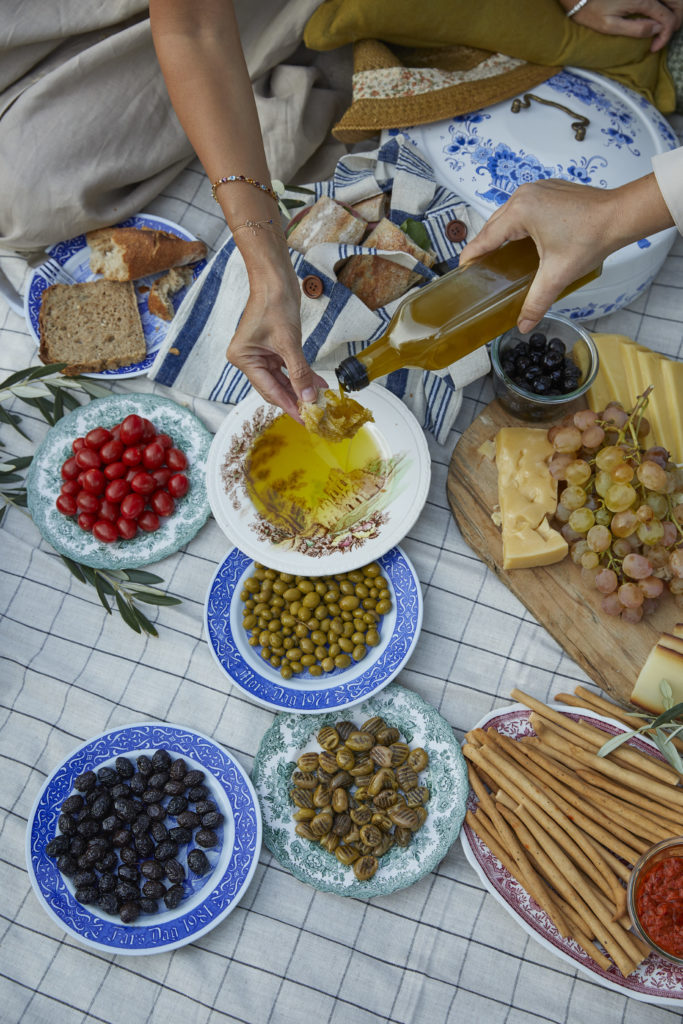
What do you hope to communicate to readers with this book?
JB: I am grateful to nature. And, in my opinion, olive trees are one of nature’s biggest gifts to us. I tried to emphasize the beauty, abundance, culture, and history of olives and olive oil. Gastronomy is a field beloved by many, and I wanted to share my recipes to encourage them to incorporate olives and olive oil into their dishes to a greater extent. When writing my book, I visited small, individual olive farms and olive oil manufacturing plants. I learned a lot from them and wanted to share that information with our readers.
The book is stunning. Were you involved with the photography and creative design?
JB: Thank you very much for your kind words. I am closely involved with the creative design and photography of all my cookbooks. I work with a wonderful photographer, Hande Goksan, and graphic designer Bilgesu Parmaksiz.
I work as a creative consultant for many international brands, and I cherish and enjoy every step of each creative project.
This is your first books to be published in North America. What are your plans in this market?
JB: My daughter lives and works in California. I visit her often and we travel across North America together. I am very fond of the geography, diversity, and the people. I know a lot of people who wish to learn more about what they eat, sustainability, agriculture, and cooking, and get to meet likeminded individuals. I hope my new book will open new windows for people who share the same passion.
You are an accomplished chef, entrepreneur, restauranteur and author of many books. As a female chef, what are some of the challenges you have faced in this career path?
JB: The food industry is mostly male-dominated. In order to earn respect as a woman, you have to work at least twice as hard. For a woman, the most important thing is to respect and love yourself first. When you look in the mirror, what you see there should make you feel good. There will always be ups and downs in your personal life, work life, and relationships. If you do not love and respect yourself, you can’t expect it from others.
What advice would you give to a young chef entering the industry?
JB: First, they should be absolutely sure that they love cooking and being in the kitchen. It is hard work – you need to put in long hours, work in a stressful environment, and have a limited social life. If you don’t genuinely love cooking, it will be impossible for you to succeed.
My second piece of advice is to know their own culture and learn about it. Travelling a lot, discovering new cultures, exploring history, reading extensively are all very important, but you should have an in-depth knowledge of your own culture and homeland.
Did you have any mentors in the culinary industry?
JB: My father was always my number one role model and mentor. I have three sisters and three brothers. In a society in which women are not treated as equals or with respect, my father always treated all of us with equality, and encouraged us to do what we wanted, especially my sisters and me. My parents raised us in a very liberal environment and shielded us from the status quo. I am trying to do the same for my family, friends, students, and colleagues.
What is next on the horizon for you?
JB: I would like to learn more about the climate crisis and the sustainability of agriculture. I read extensively and research methods of feeding the increasing population of the world adequately and fairly. I work closely with local and individual farmers to provide them with help, education, information, and to promote their business. I have many ideas in my mind, however, what’s currently at the forefront of my mind is to write new books or create documentary films about products and recipes which hold historical and cultural value.
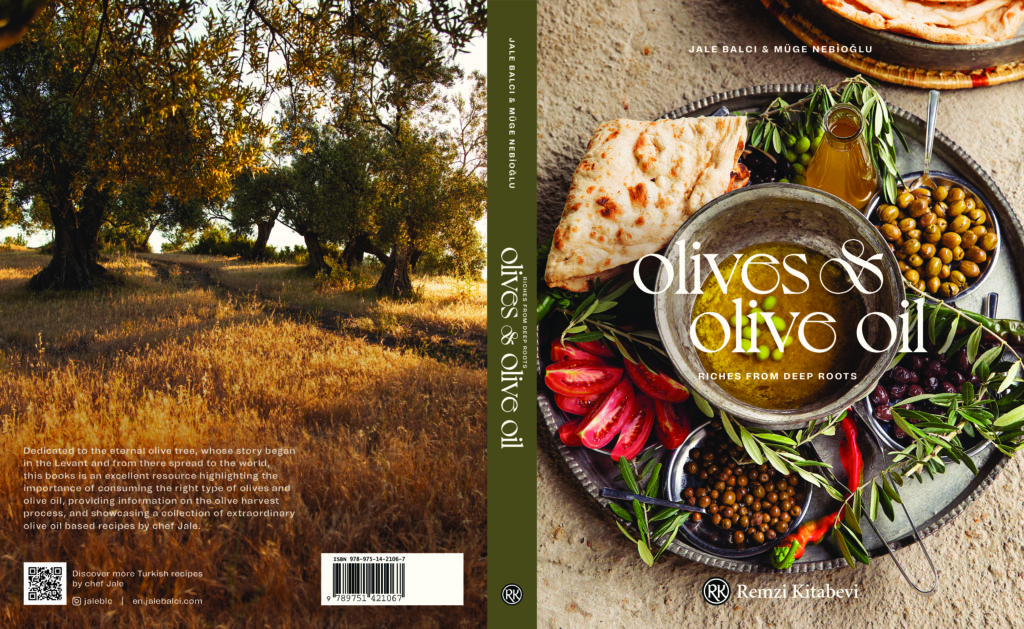
Riches From Deep Roots: Olives & Olive Oil will be available on Amazon Books and other platforms in October.
Photos Courtesy of Jale Balci.
